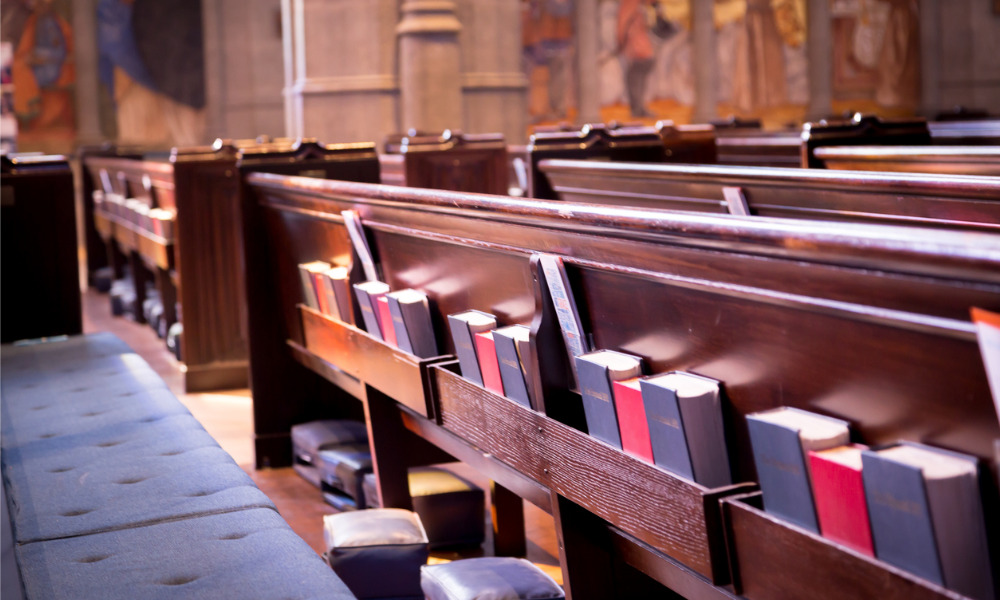
A recent case weighed 'personal beliefs and freedoms' against 'the greater good'

A recent decision from the Queensland Industrial Relations Commission (QIRC) has rejected the appeal of a worker who claimed she was unjustly denied a religious exemption against her employer’s mandatory COVID-19 vaccination.
The QIRC sided with the employer and agreed to prioritize their clients' safety and health even if it meant denying the worker’s personal beliefs and freedoms.
The worker is a school-based youth health nurse at the Torres and Cape Hospital and Health Service in Queensland. Around September 2021, the state issued a directive requiring COVID-19 vaccination to specific employee groups, including the worker.
The directive said an employee did not have to comply if they were granted an exemption for a recognised medical contraindication; a “genuinely held” religious belief; or other exceptional circumstances.
The worker applied for exemption based on a genuinely held religious belief as she is a practising Christian and member of the Baptist Church. Her application included “a personal letter setting out that her Christian faith did not condone abortion, and that an (asserted) association between the vaccines and a product known as 'MRC-5' meant that she could not take any of the vaccines available at the time of her application.”
The worker’s application also had a letter from a church pastor that confirmed “her beliefs are consistent with her faith.” The employer rejected her application.
The worker then appealed to the employer for an internal review but the latter explained that the state’s directive “considers the high level of risk to the health and wellbeing of patients, your colleagues, and other key stakeholders who access [our] services,” saying that said individuals are “already [from] vulnerable communities.” Ultimately, the internal review also rejected the worker’s application.
The worker appealed before the QIRC. The QIRC noted that “the worker’s concerns about the rejection of her religious exemption are intertwined with her views about the efficacy of vaccines.”
Upon examining the evidence, the QIRC explained that the worker “simply does not believe the claim of the state’s health service that the vaccines have been shown to reduce the risk of transmission of COVID-19.”
The QIRC said that “in these unprecedented times, difficult choices must be taken that require weighing personal beliefs and freedoms against the greater good of the community.”
The QIRC noted that the employer “properly considered” the worker’s religious beliefs before rejecting her application. “As sincere and genuine as those beliefs may be, prioritising the health and safety of [the worker’s] colleagues and her community was reasonable in the circumstances,” the QIRC said in its decision.
Thus, it ruled that the employer’s rejection of her application was “fair and reasonable.” The decision was handed down on 14 February.